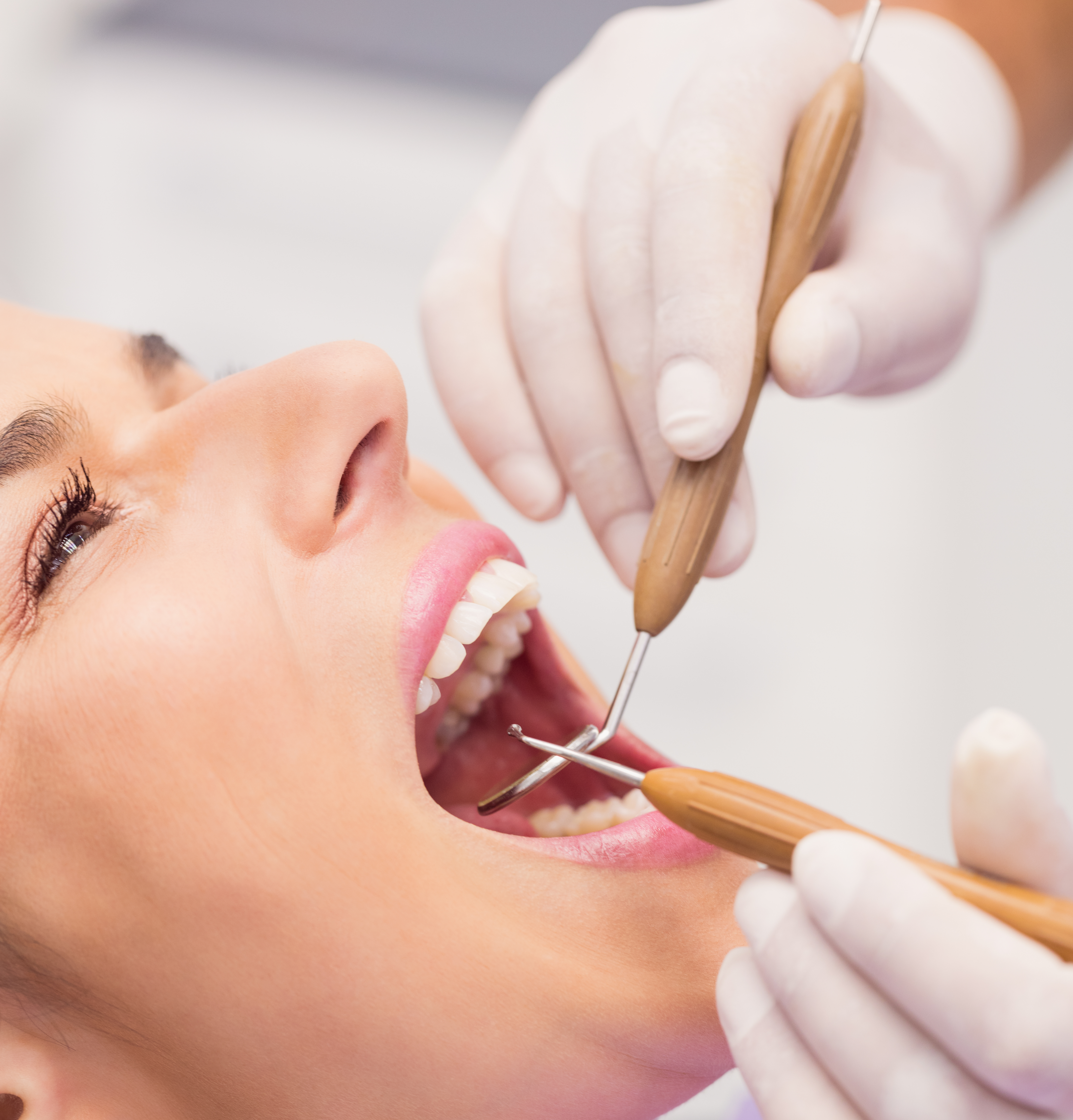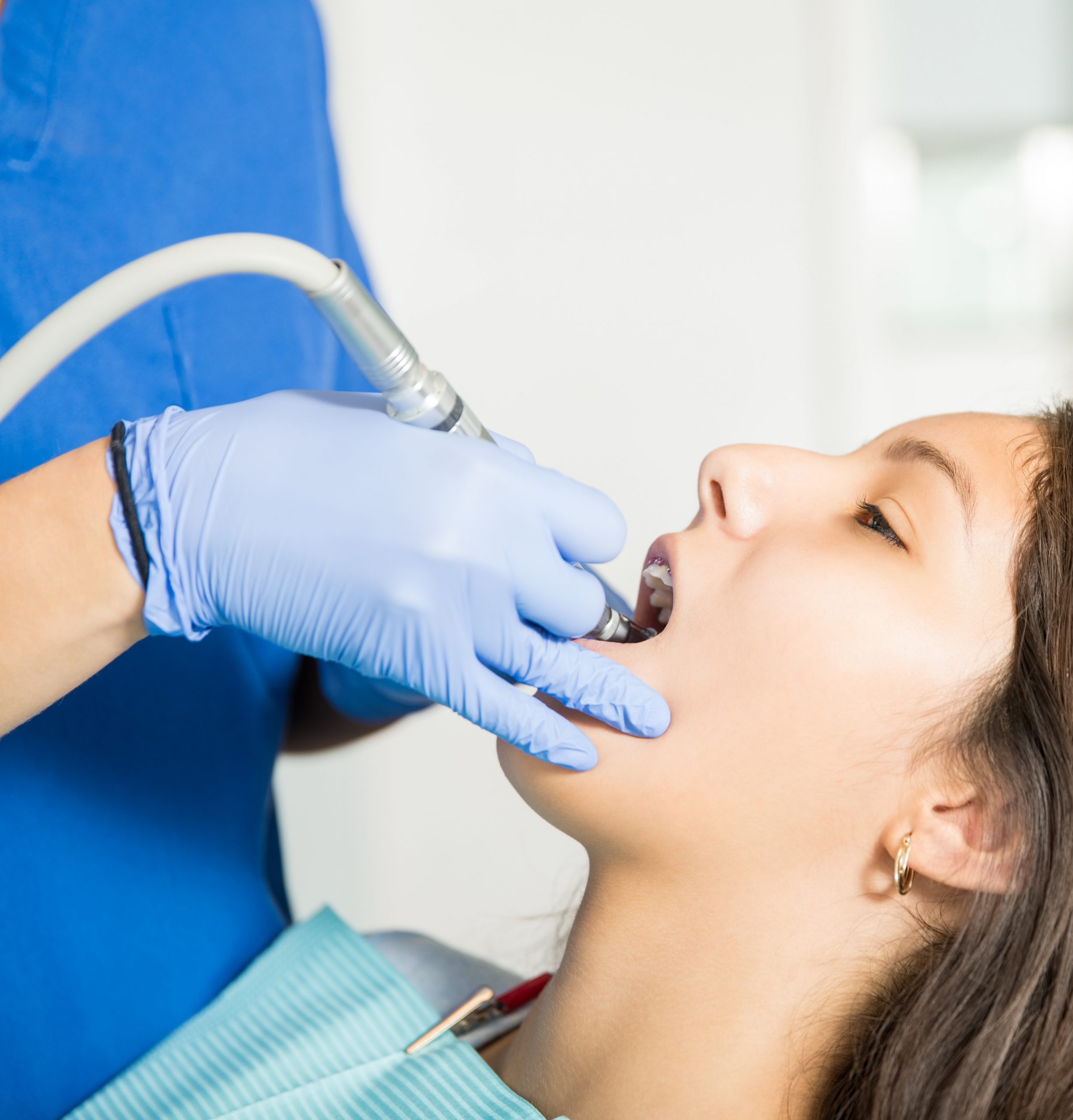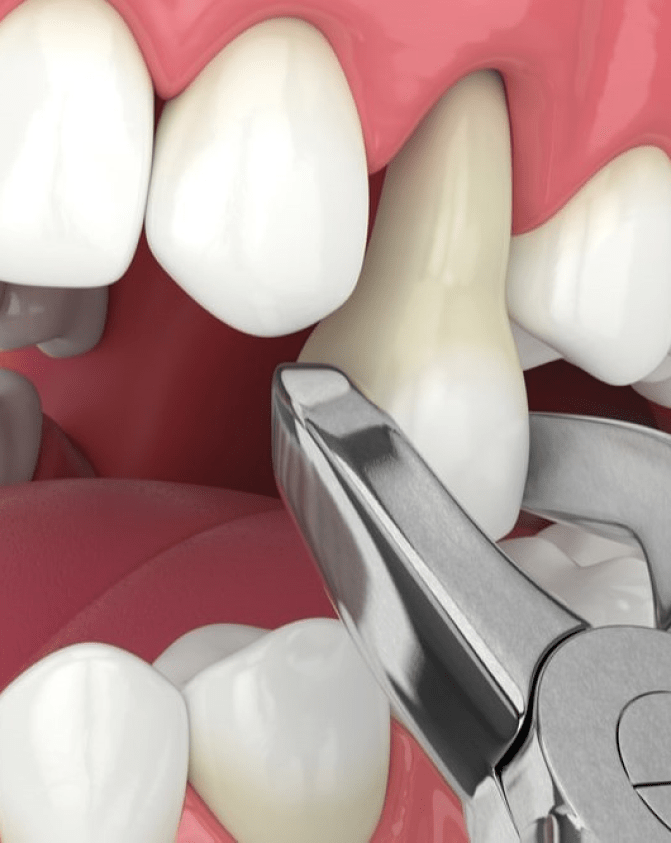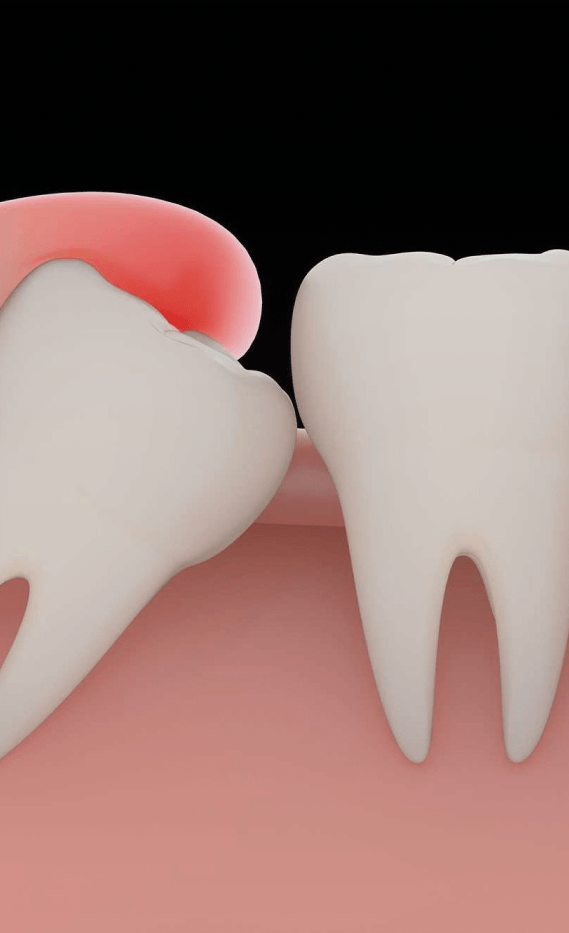
General Dentistry
Our general dentistry services focus on preventing, diagnosing, and treating dental issues to keep your mouth healthy. Regular dental check-ups and cleanings help prevent cavities, gum disease, and other oral conditions. We emphasize the importance of oral hygiene to maintain overall health and prevent complications like infections and cardiovascular problems. Routine exams allow early detection of issues, ensuring effective treatment and a healthier smile. Schedule your visit today for comprehensive dental care and lasting oral wellness.
Oral Prophylaxis (Routine Dental Cleaning/ Deep Scaling and Polishing)
Oral Prophylaxis is a professional dental cleaning procedure designed to thoroughly clean and protect your teeth. It effectively removes tartar and plaque buildup from the teeth’s surfaces, as well as from hard-to-reach areas beneath the gums. Using an ultrasonic scaler, the dentist carefully eliminates plaque and tartar to prevent gum disease and cavities. This treatment typically takes 30 to 45 minutes and is recommended every six months to maintain optimal oral health and a bright, healthy smile.


Tooth Extraction
Tooth extraction, once feared as painful, is now a comfortable procedure thanks to modern anesthesia. It involves removing a tooth from its socket due to decay, gum disease, trauma, or severe pain. At Klinika Dental Clinic Dubai, we prioritize saving teeth whenever possible and recommend extraction only when necessary. Our skilled dentists use advanced technology to ensure precision and minimize discomfort, making your tooth extraction experience safe and as pain-free as possible.
Wisdom Tooth
Removal
Wisdom teeth, located at the back of your mouth, help with chewing but can cause problems if impacted or only partially erupted. When partially erupted, they create openings for bacteria, leading to infection, pain, swelling, and jaw stiffness. Their tricky position also makes cleaning difficult, increasing the risk of decay and gum disease. Removing wisdom teeth can be complex, so consult our dentist to evaluate their health and position. Our skilled team in Dubai performs surgical wisdom tooth extractions with precision and care, ensuring a safe and as pain-free experience as possible.


Periapical x-ray
We provide professional Periapical X-ray imaging services, an effective diagnostic tool that captures every detail of your tooth—from the surface down to the roots embedded within the gums. Our Periapical X-rays are designed to accurately record changes in bone structure, tooth roots, and detect caries beneath the crown surface, giving a comprehensive view of your dental health. Each X-ray focuses on a specific section of the upper or lower jaw, ensuring precise and detailed imaging for expert diagnosis and treatment planning.
Frequently Asked Questions
Why is a regular dental appointment necessary?
In many cases, it is only when a dental problem arises that people feel the urge to visit a dentist. People almost have no idea that this bad habit could lead to serious consequences. Many conditions can be asymptomatic or show symptoms that might not seem too serious until they progress to more severe stages. The general dentist can check the patient’s oral health, find potential problems, assess the situation, and make recommendations to stop them from getting worse.
How can one prevent cavities?
Reducing plaque buildup in your mouth can help prevent cavities. To start, brush your teeth twice a day and floss daily. Sugar intake must be reduced, particularly candy, chips, fruit, and crackers. As many of us fail to keep such types of food out of our diets, it is at the very least advised to have regular dental check-ups to get your teeth cleaned and prevent cavities.
Why are dental X-rays required?
Although it is essential to seek treatment when diagnosed with a disease, prevention is still better than cure. Indeed, prevention saves time, money and avoids the stress you could go through in the dental waiting room. Problems with teeth and surrounding tissues, like infections, disease, or cysts, cannot be seen during a physical examination. The general dentist therefore takes x-rays to detect these issues, such as bone infections, gum disease, or decay between teeth or under dental restorations.
What is the difference between a general dentist and a specialist dentist?
A general dentist provides a wide range of dental services such as routine check-ups, oral prophylaxis, and tooth extraction, while a specialist dentist has additional training and focuses on specific areas such as orthodontics, periodontics, or endodontics.
How often should I brush and floss my teeth?
It is recommended to brush your teeth at least twice a day and floss at least once a day to remove plaque and food particles that can lead to dental problems.
What is the best way to prevent gum disease?
The best way to prevent gum disease is to practice good oral hygiene by brushing and flossing regularly, avoiding tobacco products, and visiting the dentist for regular check-ups and cleanings.
How can I tell if I have a cavity?
Symptoms of a cavity may include tooth sensitivity, pain when eating or drinking, visible holes or pits in the teeth, or dark spots on the teeth.
What should I expect during a tooth extraction?
During a tooth extraction, the dentist will numb the area with anesthesia and remove the tooth from the socket. You may experience some discomfort or swelling after the procedure, but the dentist will provide instructions for post-treatment care.
Are wisdom teeth always removed?
Not all wisdom teeth need removal, but some may need to be removed if they are impacted or cause problems such as infection or pain.
How often should I have a dental check-up?
It is recommended to have a dental check-up at least twice a year, or more often if you have certain dental problems or conditions.
Can dental problems affect my overall health?
Yes, dental problems such as gum disease have been linked to other health problems such as cardiovascular disease, diabetes, and respiratory infections.
What can I do to improve my oral health?
In addition to regular dental check-ups and good oral hygiene habits, you can improve your oral health by eating a healthy diet low in sugar and avoiding tobacco products.
Still have questions? Get support.
